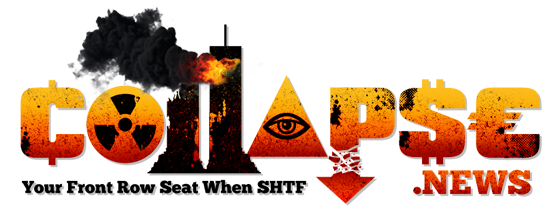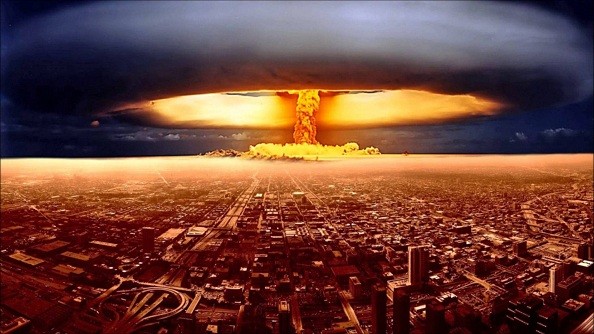The United States and allies will determine in weeks to come whether North Korea conducted a successful hydrogen bomb test, as they claim. If true, it marks a milestone for the reclusive regime, and presents a major challenge to leaders worldwide about what to do about it.
“They have pretty much surrounded North Korea” with such devices, Greg Thielmann, an analyst at the Arms Control Association, and former State Department intelligence analyst, told USA Today. “My guess is within a couple weeks the U.S. will have reached some conclusions.”(1)
Officials will review the size of the explosion and the radioactive particles produced by the detonation, Thielmann and other experts claim.
Hydrogen bombs versus atomic bombs
Hydrogen bombs are immensely more powerful and destructive than atomic bombs. They are difficult to make, because they require fusion – the fusion of atoms – whereas atomic bombs require fission – the splitting of atoms.
“Let’s begin the year of 2016 – a glorious and victorious year … with a thrilling sound of the first hydrogen bomb explosion, so that the whole world will look up to our socialist, nuclear armed republic … and the great Workers’ Party of Korea!” read a document signed by North Korean leader Kim Jong Un on state television.(2)
In spite of the statement, officials have been skeptical about whether North Korea really ignited a hydrogen bomb. Initial reports indicate that the North Korean test triggered a 6-kiloton explosion, which is significantly smaller than what a hydrogen bomb typically generates. The detonation was more like previous atomic tests conducted by North Korea than a hydrogen bomb.
Technologies that measure seismic activity are known as the International Monitoring System, which was established around the world as part of the international Comprehensive Test Ban Treaty. The treaty organization has urged countries to permit monitors to be placed inside their borders.(1)
Furthermore, the United States has independent technical monitors that review these tests, including spy satellites and aircraft that collect particles emitted by explosions. “Much can be learned by the type of particles that are released,” Thielman told USA Today. “That is what would definitely tell those countries monitoring what the bomb was made of.”(1)
North Korea’s nuclear tests prompt unlikely alliance among countries
China was vehemently against the latest test conducted by North Korea, noting that they did not receive any advance notice. Other countries around the world, including Russia and NATO, condemned North Korea’s actions, creating an unlikely alliance among countries during a time of widespread discord.
South Korea was by far the most perturbed country among those in the alliance, which parted company from North Korea about seven years ago. “This is clearly a provocation and threatening the lives of people and safety,” South Korean President Park Geun-hye said. “We have been continuously warning that [North Korea] will pay a price for conducting a nuclear test.”
North Korea’s latest incident has put pressure on the United States. Three out of four of North Korea’s nuclear tests have taken place during President Obama’s tenure. The Obama administration has taken steps toward limiting Iran’s nuclear goals, but not those of North Korea.
North Korea is a secluded country with an “us against the world” mentality, which makes them sporadic and dangerous. If Pyongyang, the capital of North Korea, got its hands on more nuclear weapons, the city could unleash destruction on the world not seen in over 70 years.
If a nuclear device has been detonated, it underlines the “very real threat that North Korea represents to regional and international security,” British Foreign Secretary Philip Hammond said.(3)
Last May, North Korea claimed it was able to miniaturize nuclear weapons, enabling them to deploy nuclear weapons on missiles. A U.S. National Security Council spokesman responded at the time that the United States did not believe North Korea had this capability. Nevertheless, the possibility that North Korea would be able to strike the U.S. mainland cannot be ruled out.(2)
Hopefully, North Korea is sporting a poker face that can be called out for bluff based upon an intense, in-depth analysis of its nuclear tests.
Sources include:
(1) USAToday.com
(2) CNN.com
(3) BigStory.AP.org


